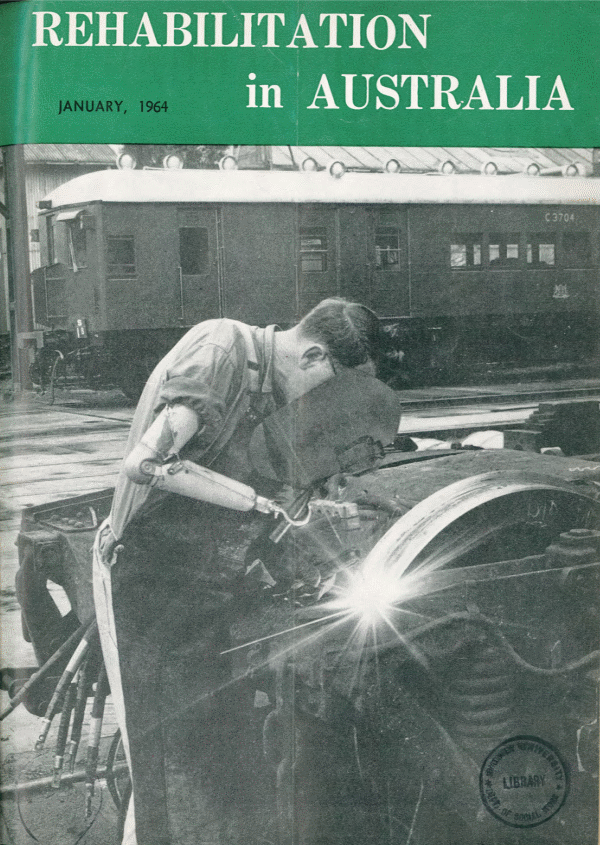|
|
I'm a PhD candidate in the Department of History at the University of Sydney. I'm currently based in the Race and Ethnicity in the Global South Research Collaboration. My research interests include histories of youth, gender, welfare, education and disability. I have a keen interest in digital history and all things web. My dissertation is titled "Help Us/Help Them: How Australian parents understood the problem of mental retardation, and what they did about it, 1945-1970."
|
This site is Retired
[Updated 19-03-2020]
As would be obvious this site is retired. Unfortunately, WordPress has also retired the theme this blog is based upon, so it’s now impossible to change the call-out box above here ^^, without redesigning the entire site.
So an update: After the birth of my son, I decided to reassess my direction in life. I suspended my PhD and enrolled in a Masters of Teaching (Primary). (If you’re reading this from outside of Australia, primary teaching is equivalent to elementary education).
I graduated, and spent some time having a ball working in various roles teaching small children in schools including the amazing Bridge Road School and the very contemporary Parramatta Public School.
In 2020 I started working 5-days-a-week as a librarian at a really great primary school, and am continuing to explore my long-running interest in future focused learning.
I won’t be working academically any time in the foreseeable future, but am more than happy to correspond about medical, educational, and especially disability history via the comments section here, via linked.in, or on Facebook (if you can find me).
Thanks for reading!
Abstract Time

It’s that time of year again. Abstract time. This year I’m (hoping) to go the Australian Historical Association Conference, conveniently being held at Sydney University, and the Australian and New Zealand Society for the History of Medicine Conference, being held the following week at ACU North Sydney.
This is what I’ve submitted:
From the Medical to the Social: “Rejected Volunteers,” Disablement, and Voluntarism during Australia’s Great War
During the Great War, the systematic medical inspection of civilians created a hitherto unimagined problem: a large proportion of young Australian men were unfit. Inspectors revealed a suite of problems such as poor vision, irregular heartbeats, poor lung capacity and varicocele. Many of the volunteers didn’t even know they were unfit until they’d been inspected. Read more…
Wonderful Covers from Rehabilitation in Australia
Mr. George Hudson was a fitter without welding experience when he lost an arm in a motor accident. Training in welding was arranged by the Railways Department and the rehabilitee returned to a higher graded position with Trade Union cooperation.
REGS Introduction Videos

So for the last week or so I’ve been helping my colleagues at the Race and Ethnicity in the Global South research collaborative put together some introduction videos for our blog and YouTube channel.
It’s been quite a lot of fun. We’ve shot the videos in 1080p using a Canon S100 compact camera mounted on a tripod, plus an old mic plugged into my laptop. I’ve cut them together using Windows Live Movie Maker. This is quite a good program for basic free editing, but it seems to lack many features that more sophisticated editors have (multiple audio tracks, etc). That feature would be especially useful given the constant ringing of the Carillion we are subjected to at the REGS offices. Read more…
A Picture and A Thousand Word: Slides & Thankyous
Presenting the Past: A Symposium on History and the Media
It’s not too late to book tickets to “History and the Media,” a symposium being held as part of NSW History Week this year.
This is shaping up to be a great event. The organisers have billed it as:
bring[ing] together history professionals and media practitioners to communicate our mutual interests and exchange ideas, skills and visions for the future. Presenters include media professionals from television production companies, broadcasting and funding agencies, historians, radio producers, journalists, editors and social media specialists.



